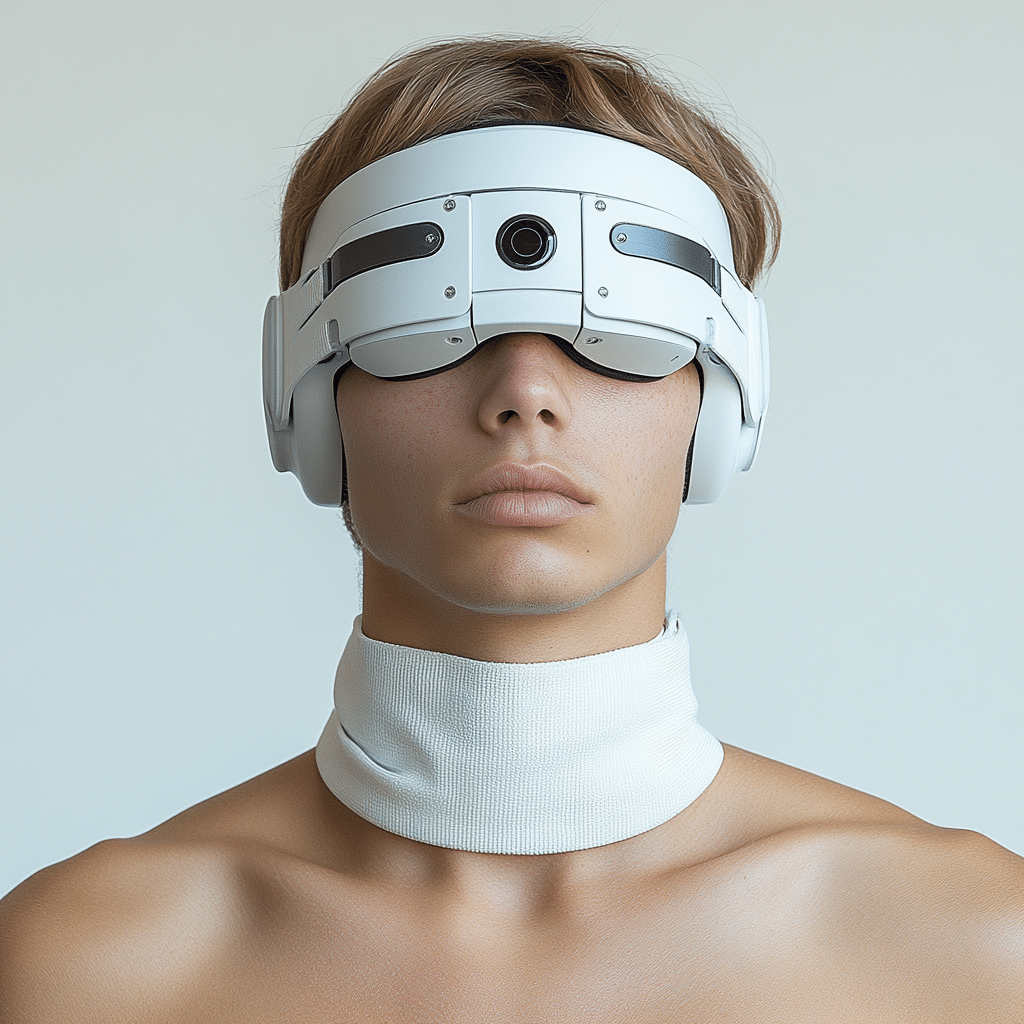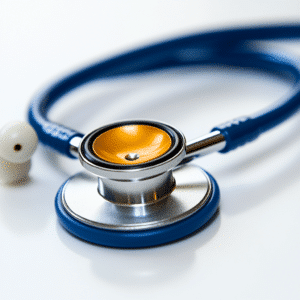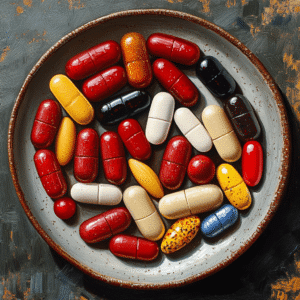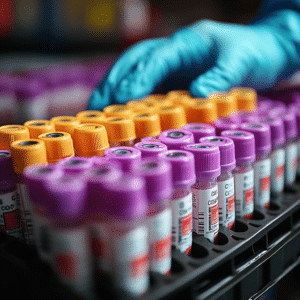Addiction can feel like a relentless storm, and as parents, it’s heartbreaking to watch your child fight through it. At Mothers Against Addiction, we know that recovery doesn’t just happen overnight; it’s a marathon, not a sprint. One promising beacon of hope? Wearable tech for recovery. These tools can play an incredible role in guiding individuals through the twists and turns of their journey by focusing on one essential element: sleep.
Understanding the Role of Wearable Tech in Recovery
Wearable technology has revolutionized the way we approach health and wellness, especially in the context of addiction recovery. Smartwatches and fitness trackers can monitor physiological data, offering insights that empower individuals to take control of their health. This data includes sleep patterns, which are critical to overall recovery.
Struggling with addiction often goes hand in hand with sleep disturbances. Poor sleep can magnify cravings, making recovery feel like an uphill battle. Wearable tech serves as a lifeline, providing real-time data to help individuals understand their health better and learn how to improve their sleep habits. When you have clarity on your sleep trends, you can start making informed choices about the routines and habits that best support your recovery path.
Top 5 Wearable Tech Devices for Enhancing Recovery Through Sleep Insights
In the landscape of recovery, certain wearable devices stand out for their ability to enhance well-being, particularly through sleep insights. Here are five noteworthy options that can positively impact individuals navigating recovery:
1. Fitbit Charge 5
The Fitbit Charge 5 is a powerful fitness tracker that breaks down sleep into categories like light, deep, and rapid eye movement (REM) sleep. With this device, users can access a Sleep Score that rates sleep quality, allowing them to pinpoint areas for improvement. Research shows that awareness leads to better recovery strategies. This invaluable data can support those in recovery as they rebuild healthy sleep habits.
2. WHOOP Strap 3.0
The WHOOP Strap 3.0 is favored in the athletic community for a reason—it provides comprehensive insights into heart rate, sleep cycles, and strain. With a focus on optimizing recovery, this device encourages users to enhance their nighttime routines through its detailed analytics. Gamifying self-care, it allows individuals to see recovery patterns, facilitating better sleep management and reducing anxiety during the already challenging recovery process.
3. Oura Ring 3
The Oura Ring 3 deserves a spotlight for its remarkably accurate tracking features, including heart rate, respiratory rate, and body temperature, alongside invaluable sleep insights. By offering a daily readiness score, users can gauge how rested they are for the day ahead. This constant feedback empowers individuals in recovery—knowing when to exert energy and when to prioritize self-care can make all the difference in the recovery journey.
4. Apple Watch Series 8
The Apple Watch Series 8 isn’t just a fitness tracker; it’s a health management tool. With sleep tracking and mindfulness applications, it encourages users to engage in daily mindfulness exercises, which can significantly reduce stress. This stress reduction is essential given that triggers for relapse often stem from anxiety. Furthermore, its ability to integrate health data means users can see broader patterns in their well-being, making it a versatile ally on the road to recovery.
5. Garmin Venu 2
Garmin’s Venu 2 combines quality display and fitness capabilities with impressive sleep monitoring features. Its Sleep Score provides detailed insights, enabling users to connect daily activities to overall health. This awareness is pivotal for individuals in recovery, helping them regulate their routines for improved sleep and better emotional states. Additionally, the Garmin Fenix 7 Pro offers even more extensive metrics and coaching programs, placing a strong emphasis on overall health management.
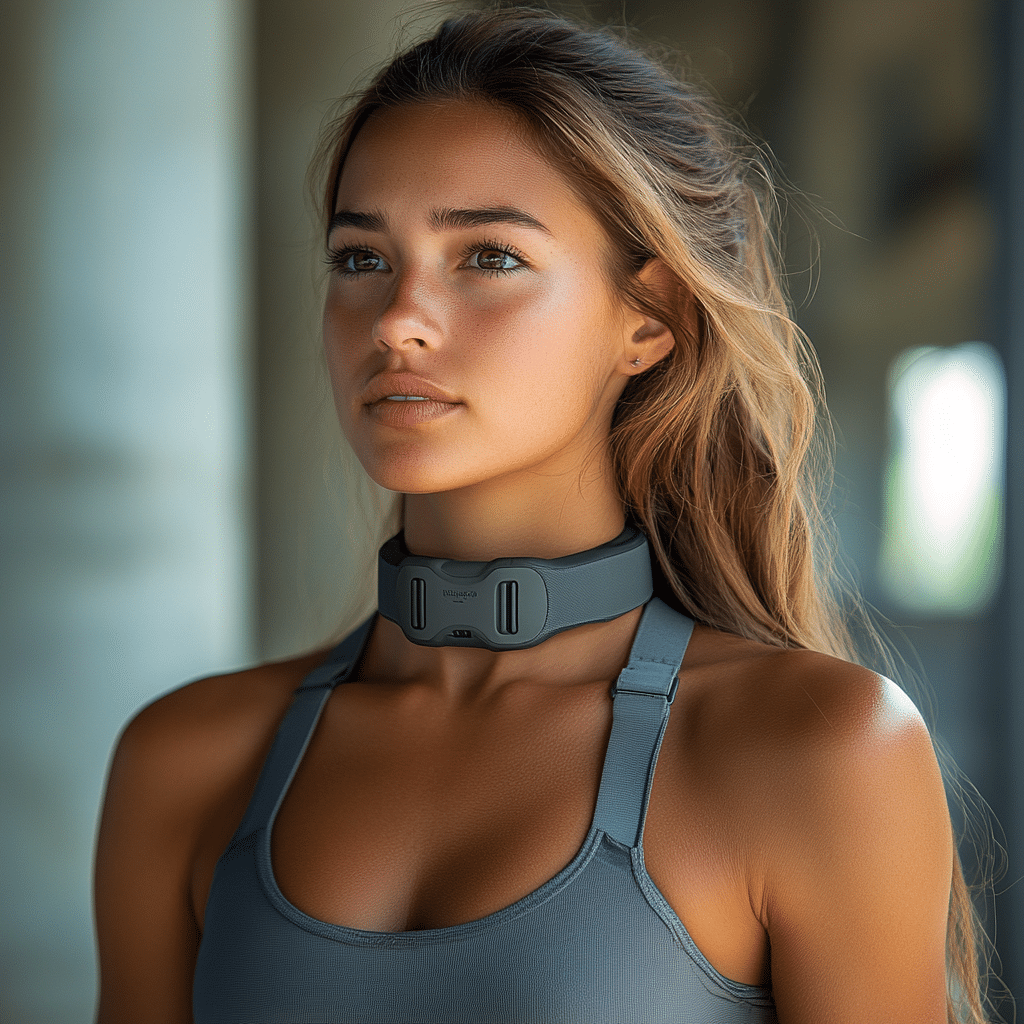
The Impact of Sleep on Recovery and Wellbeing
Quality sleep has an undeniable relationship with recovery. It plays a key role in cognitive functioning, emotional stability, and physical health—areas that many facing addiction might struggle to stabilize. Sleep disturbances have been linked to increased cravings and a higher risk of relapse. By utilizing wearable tech for recovery, individuals receive real-time feedback that empowers them to make better choices about their sleep habits.
Research, including findings published in The Journal of Clinical Psychiatry, indicates that consistent sleep quality improvements can lead to lower relapse rates in recovering alcoholics. Wearable technologies facilitate tracking and managing sleep issues effectively. For parents living with loved ones struggling with addiction, promoting the use of these tools can offer substantial support as they navigate these turbulent waters.
Strategies for Maximizing the Benefits of Wearable Tech in Recovery
While wearable devices offer valuable insights, incorporating these insights into daily life is where the true magic happens. Here are some strategies to maximize the benefits of wearable tech for recovery:
By honing in on these strategies, individuals can develop healthier habits that foster substantial progress in their recovery journey.
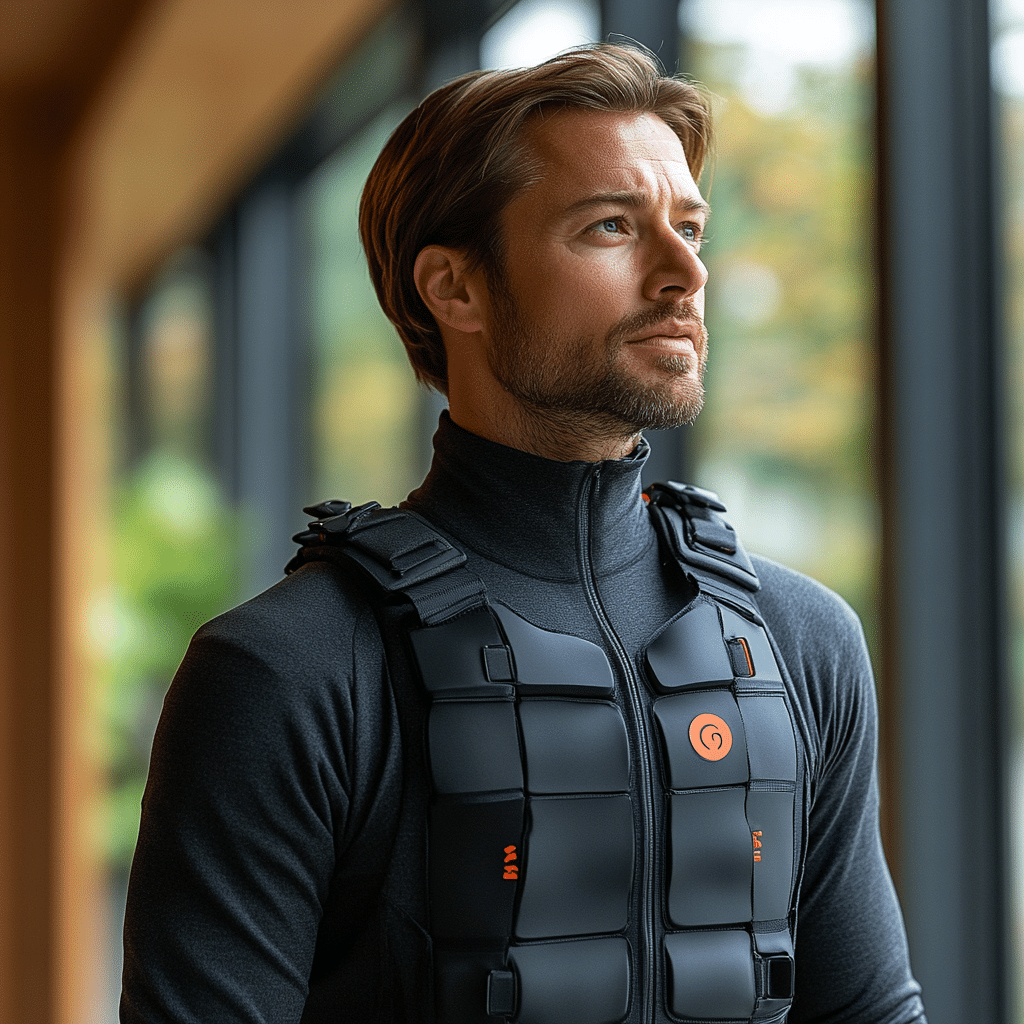
Envisioning the Future of Recovery with Wearable Tech
As technology races forward, the future of recovery is bright, with wearable tech set to play an even greater role. Enhanced analytics, including insights into sleep and overall well-being, will likely become increasingly sophisticated. The potential of AI And addiction recovery lies in its capacity to provide customized support, making personalized pathways for recovery more attainable.
Wearable tech for recovery is not just a trend; it’s a transformative approach to healing. By understanding these insights and integrating them into daily lives, individuals can take meaningful steps toward long-term recovery. The future may be uncertain, but with the right tools—both technological and emotional—there’s hope.
At Mothers Against Addiction, we believe in the resilience of families supporting their loved ones. Together, we can embrace the opportunity to use innovative tools, like wearables, to empower every step of the recovery journey. The road may be long, but we’re all in it together. For parents and families seeking support, we offer online peer support to ensure you don’t have to face this path alone.
Let’s continue to harness the power of technology to create a brighter future for recovery. You’re not alone, and through progress and support, together, we’ll navigate through the storms.
Wearable Tech for Recovery: Boosting Wellbeing with Sleep Insights
The Rise of Wearable Tech in Recovery
Did you know that the integration of wearable tech for recovery is not just a growing trend but a transformative tool? When folks think about recovery, they might envision techniques scratching back to old-school methods. But tech is changing that narrative. For instance, studies suggest that monitoring sleep patterns through devices can significantly improve overall wellness during recovery. Many people are turning to tech for insights into their sleep, which can be a crucial factor for individuals navigating addiction. Believe it or not, wearable gadgets can also foster feelings of connection and support. After all, who wouldn’t want a little boost in their recovery journey, much like team players rallying behind popular figures like Quin Snyder, who recently made headlines for his coaching.
Sleep, Recovery, and Technology
Speaking of sleep, did you know that the average person needs between 7 to 9 hours of restful slumber each night? Yet, many find it difficult to catch those Z’s. The beauty of wearable tech for recovery comes into play here with features that help users understand their sleep cycles better. Regular sleep disruptions can exacerbate emotional and psychological challenges, leading individuals further from recovery—a tough spot to be in! In some insightful discussions on technology use in Rehab, experts reveal that tracking sleep can lead to better mental clarity and emotional stability. It’s like finally finding that missing piece, much like spotting a rare find on American Pickers.
Fun Facts About Wearable Tech
To spice things up, here’s a fun piece of trivia: wearing a sleep tracker can improve not only your nightly routine but also your daytime habits! Engaging with your health stats feels kind of like enjoying your favorite cocktail—smooth tequila from Tequila , Mexico in moderation can be delightful, right? Similarly, moderate use of these smart devices can lead you down a path of self-discovery and positive change. That’s the kind of magic a simple watch can wield, which is pretty remarkable! Plus, with movers and shakers like Amy Stiller advocating for ways to enhance well-being, it’s clear that there’s a community behind these high-tech innovations. So, whether you’re donning a fitness band or an advanced sleep-monitoring device, remember that wearable tech for recovery isn’t just about counting steps—it’s about boosting your physical, mental, and emotional health too!
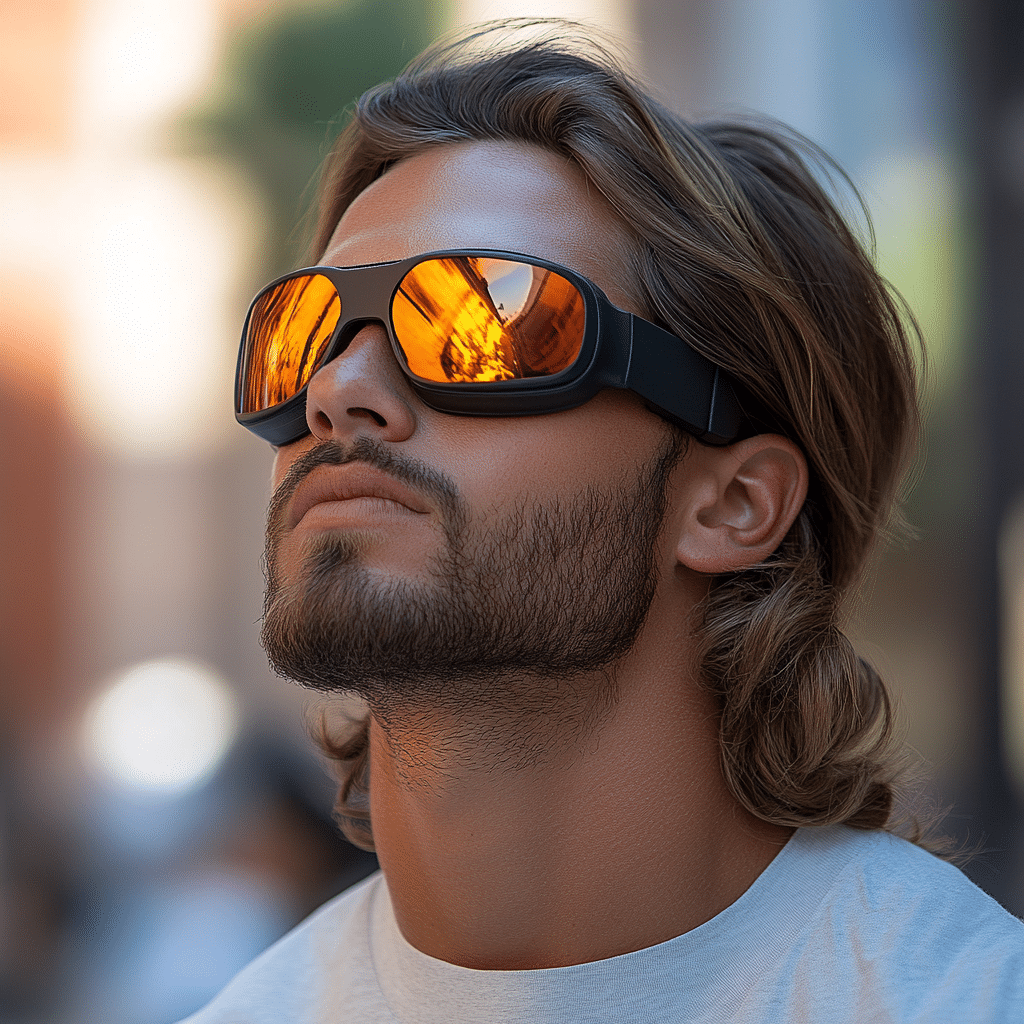
What is the best wearable technology for health?
The best wearable technology for health really depends on what you’re looking for, but devices like WHOOP, Garmin watches, and the Fitbit Charge are highly regarded for tracking various health metrics including sleep, heart rate, and recovery.
Which watches track recovery?
Garmin watches, especially the Fenix 7 Pro series, offer detailed metrics to help track recovery, alongside helpful coaching and training guides to get the most out of your workouts.
What does WHOOP tell you?
WHOOP provides insights into your recovery status, cardiovascular strain, and sleep quality, giving you a daily physiological profile to better understand your body’s needs without distractions like a watch face.
What are three examples of wearable technology?
Examples of wearable technology include smartwatches, fitness trackers like the Fitbit Charge, and smart jewelry, all designed to help monitor health and fitness in real time.
What are 3 of the most popular wearable devices?
Some of the most popular wearable devices are the Apple Watch, Fitbit Charge, and Garmin watches, each bringing unique features for health tracking and fitness support.
What are smart medical wearable devices?
Smart medical wearable devices refer to gadgets used to monitor health conditions or vital signs, including devices like continuous glucose monitors and heart rate monitors that help in managing chronic conditions.
Which smartwatch do cardiologists recommend?
Cardiologists often recommend the Apple Watch due to its comprehensive health tracking features, heart monitoring capabilities, and its ECG function that can help detect irregular heart rhythms.
Can Apple Watch detect recovery?
The cost of WHOOP varies based on the subscription plan, but generally it’s around $30 a month or a little less if you commit to a longer plan.
How much does WHOOP cost?
Whether WHOOP is worth it depends on personal preferences and health goals, but many users find its detailed recovery and strain tracking invaluable for optimizing their fitness routines.
Is WHOOP actually worth it?
You might be able to get WHOOP for free through promotions or by participating in their referral programs, which can provide discounts or waived fees for new users.
How to get WHOOP for free?
WHOOP doesn’t specifically detect anxiety, but monitoring recovery and sleep patterns can still offer indirect insights into overall well-being and stress levels.
Can WHOOP detect anxiety?
Some disadvantages of wearable technology include potential privacy concerns with data collection, battery life limitations, and the reliance on consistent charging and maintenance for accurate tracking.
What are the disadvantages of wearable technology?
Galaxy wearables refer to a range of devices made by Samsung, including smartwatches and fitness trackers, designed for tracking health metrics and integrating with Samsung’s ecosystem.
What are Galaxy wearables?
Wearable fitness devices are gadgets like fitness trackers and smartwatches that monitor physical activity, heart rate, sleep patterns, and other health metrics to boost fitness and wellness.
What are wearable fitness devices?
Yes, Garmin watches can track recovery by providing metrics that analyze heart rate variability and sleep quality, helping users understand how well they’re recovering from workouts.
Do Garmin watches track recovery?
The Apple Watch has an app that can help track recovery by monitoring heart rate variability, sleep patterns, and overall fitness levels, contributing to better recovery insights.
Is there an Apple Watch app that tracks recovery?
Fitbits can track recovery by monitoring heart rate and sleep quality, giving you insights into how your body is responding to workouts and daily activities.
Do Fitbits track recovery?
The Apple Watch can track both recovery and sleep, offering features to help you analyze your sleeping patterns alongside your exercise recovery.
Can Apple Watch track recovery and sleep?
The most accurate wearable can vary, but devices like the Garmin Fenix series and WHOOP are often cited for their reliability in tracking health and fitness metrics.
What is the most accurate wearable?
Wearable technology can improve health by encouraging more active lifestyles, offering insights into health metrics, and providing motivation through tracking and goal-setting features.
Does wearable technology actually improve health?
In 2024, the best tech wearable is considered to be the WHOOP strap for its focus on recovery tracking, but options like the latest Garmin and Apple Watch models also stand out.
What is the best tech wearable in 2024?
Wearable sensors for health are small devices embedded in wearables that monitor various health metrics like heart rate, temperature, and activity levels, providing real-time data for users.

